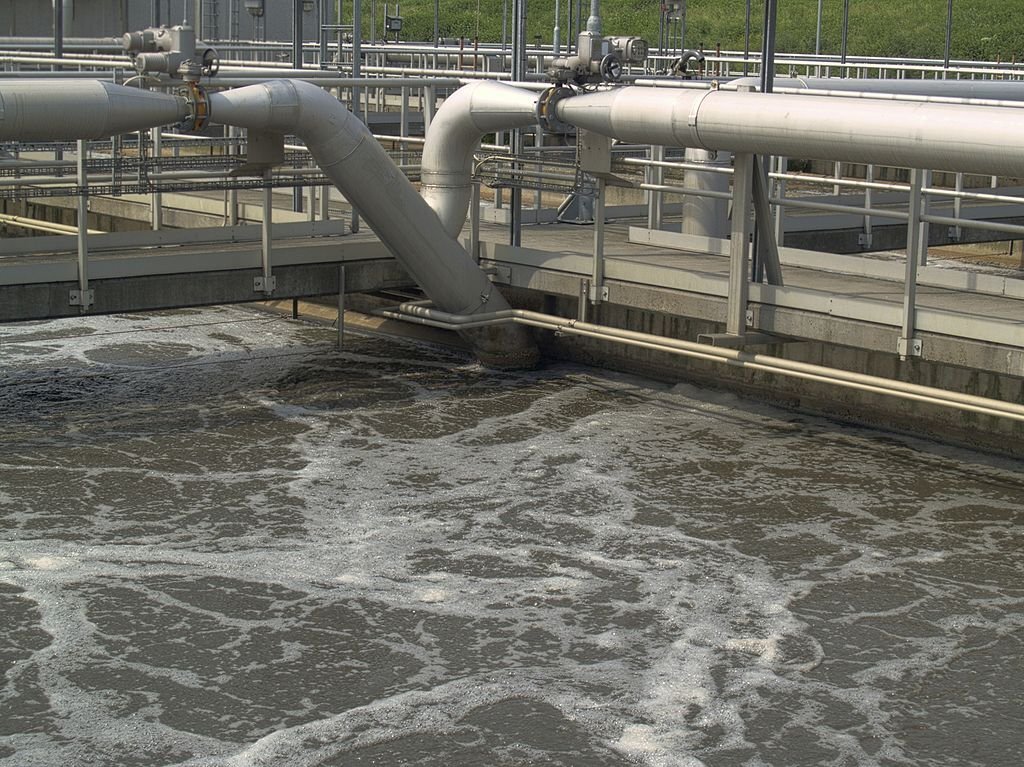Top Innovations Revolutionizing Water Treatment Plants in 2025
In 2025, the demand for clean and sustainable water solutions has never been more critical. With climate change, rapid urbanization,...

In 2025, the demand for clean and sustainable water solutions has never been more critical. With climate change, rapid urbanization, and increasing industrial activities, both water treatment plants and wastewater treatment plants are evolving to meet modern challenges. Today’s facilities are no longer just about basic purification—they’re becoming intelligent, efficient, and environmentally responsible.
Let’s explore the groundbreaking innovations reshaping the future of water treatment in 2025.
1. AI-Powered Water Quality Monitoring
Artificial Intelligence (AI) is transforming how water quality is monitored. Real-time data collection, combined with predictive analytics, allows treatment plants to detect contamination and system inefficiencies almost instantly. These AI-driven systems help reduce energy consumption, prevent system failures, and ensure consistent water quality.
2. Advanced Membrane Filtration Technologies
Membrane technology is getting a major upgrade in 2025. Next-gen nanomaterials and graphene-based membranes are improving filtration precision while lowering operational costs. These membranes offer better resistance to fouling, longer lifespans, and the ability to remove micro-pollutants more effectively.
3. Energy-Efficient Aeration Systems
Aeration is one of the most energy-intensive processes in wastewater treatment plants. Innovative systems now use fine bubble diffusers, adjustable-speed blowers, and smart sensors to minimize energy use while maximizing oxygen transfer efficiency—drastically cutting down operational costs.
4. IoT Integration for Smart Plant Management
The Internet of Things (IoT) is allowing water treatment facilities to operate with unmatched precision. From remotely controlling valves and pumps to real-time tracking of water flow, IoT is helping operators reduce waste, improve uptime, and enhance decision-making.
5. Biological Nutrient Removal (BNR)
Modern wastewater treatment plants are moving beyond mechanical and chemical treatment to adopt biological processes. BNR technology uses specific bacteria to remove nitrogen and phosphorus from wastewater, preventing harmful algal blooms and ensuring regulatory compliance.
6. Decentralized and Modular Treatment Units
Rural and remote areas are benefitting from decentralized, modular treatment units that can be rapidly deployed. These plug-and-play systems provide localized treatment without the need for massive infrastructure, making clean water more accessible to underserved regions.
7. Water Reuse and Recycling Systems
Circular water systems are taking center stage in 2025. By treating wastewater to a reusable quality standard, industries and municipalities are cutting down on freshwater demand. Treated water can now be reused for irrigation, industrial processes, and even drinking in some advanced cases.
8. Digital Twins for Predictive Maintenance
Digital twin technology enables a virtual replica of the physical treatment plant. Operators can simulate different scenarios, predict maintenance needs, and plan upgrades with greater accuracy—reducing downtime and avoiding costly repairs.
9. Solar-Powered Treatment Plants
Sustainability is driving the adoption of solar-powered water treatment solutions. These systems reduce dependency on fossil fuels, cut operational costs, and ensure reliable performance even in areas with unstable electricity supply.
10. Sludge-to-Energy Technologies
Modern wastewater treatment plants are converting organic sludge into biogas or electricity. Anaerobic digestion and thermal hydrolysis not only reduce waste but also generate renewable energy, closing the loop on sustainability.
Conclusion
As we move deeper into 2025, it’s clear that the future of water management lies in innovation and smart technologies. These advancements are not only solving current challenges but also building a foundation for resilient and sustainable water infrastructure.
At Cleantech Water, we are proud to embrace these cutting-edge innovations to deliver customized and forward-thinking water treatment solutions for industries and communities alike.



